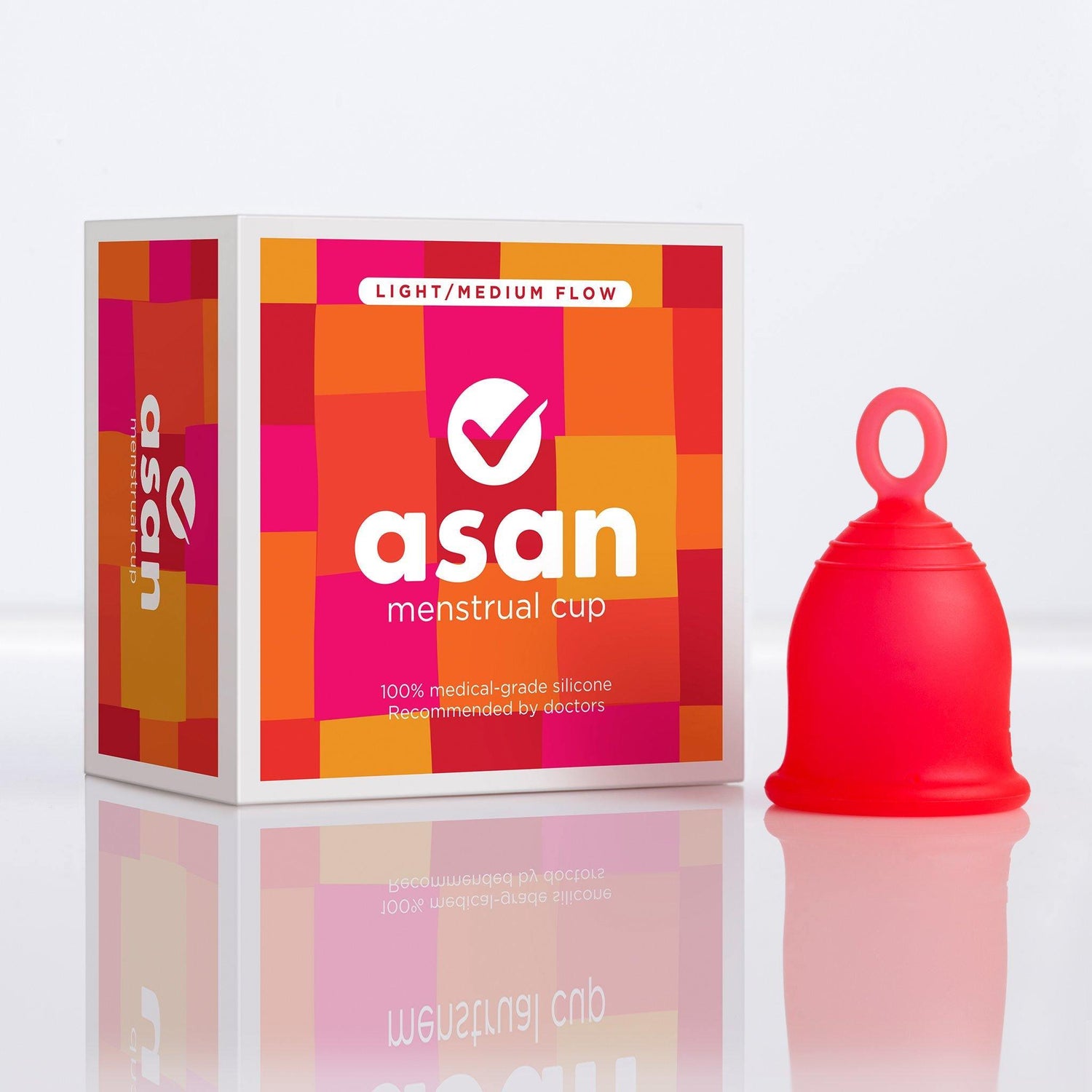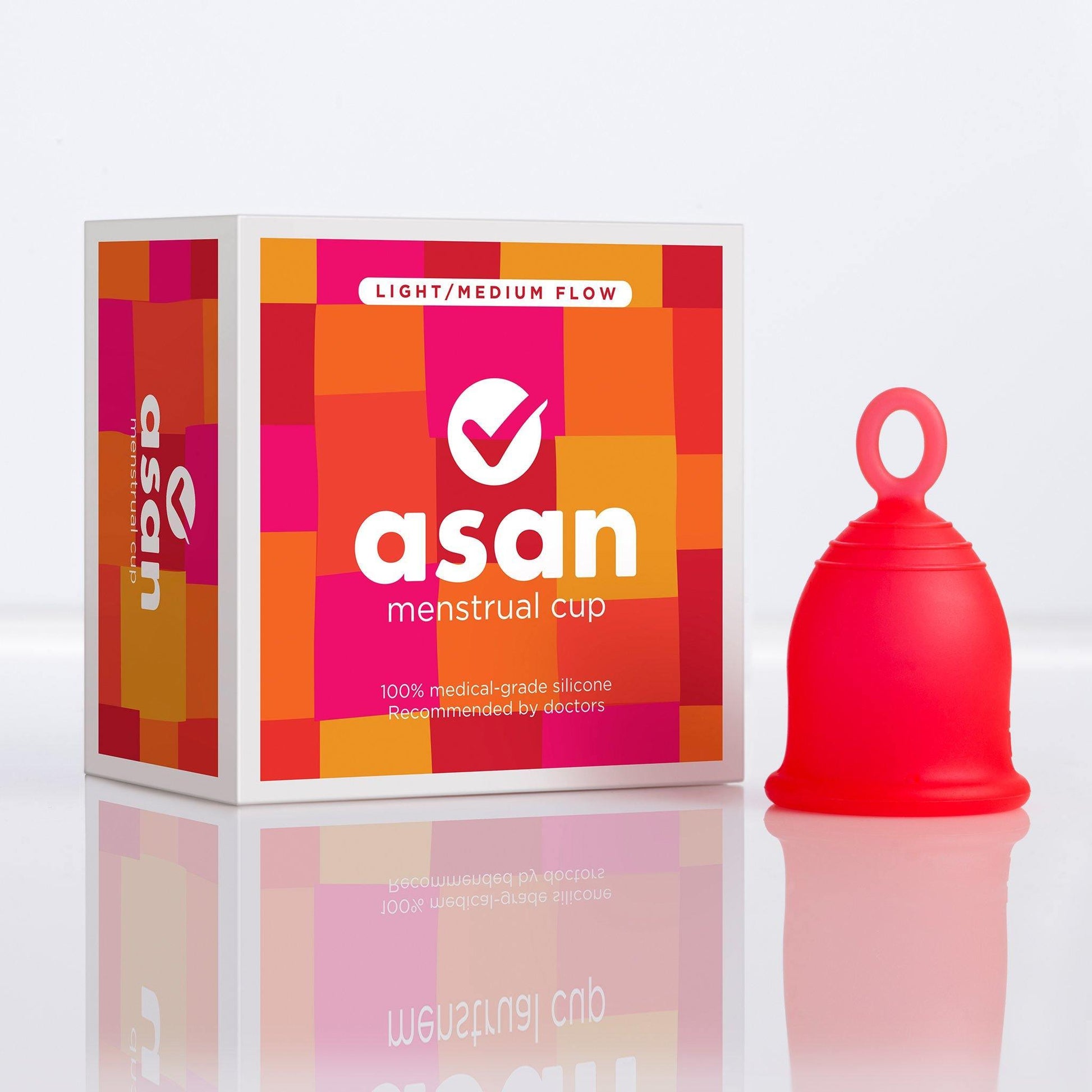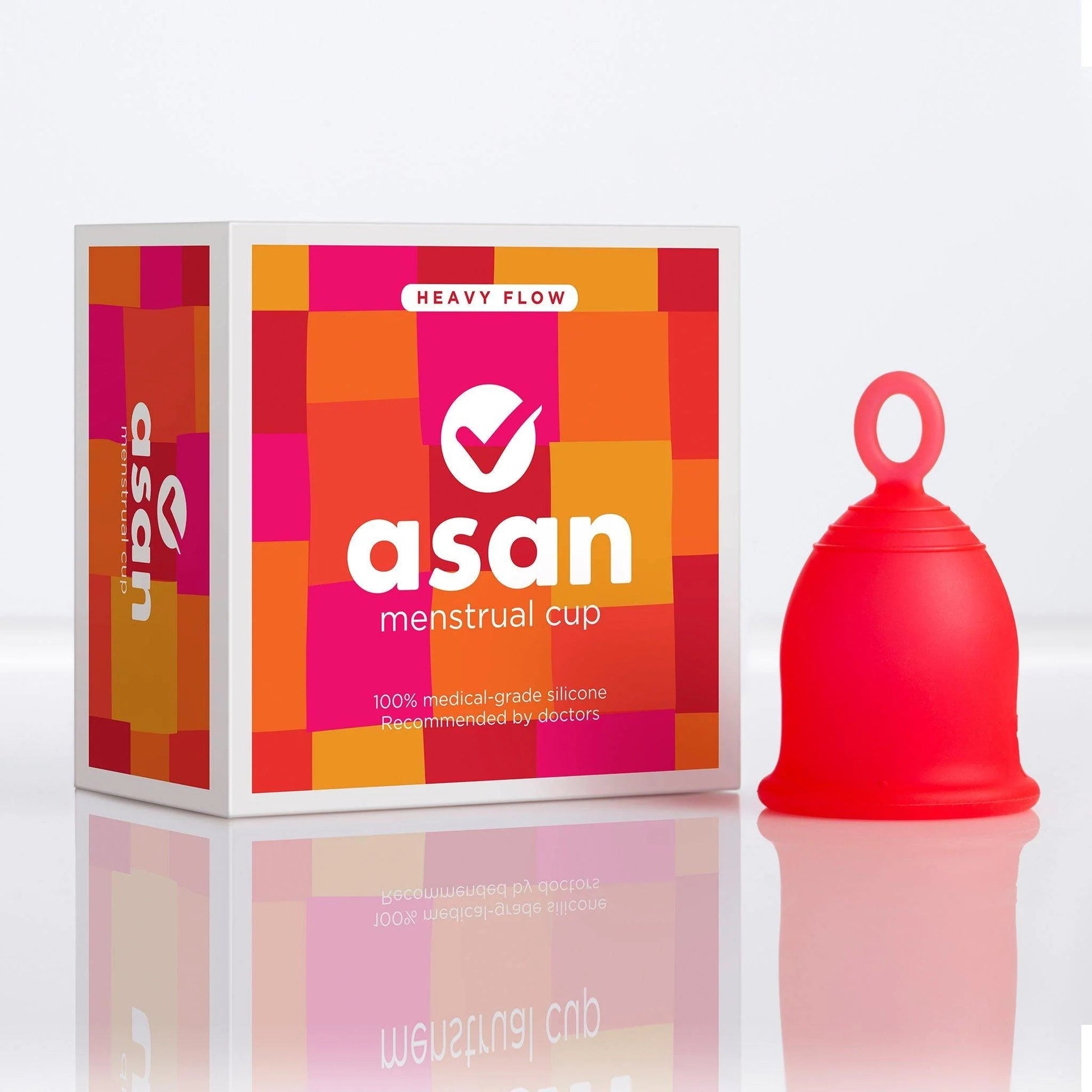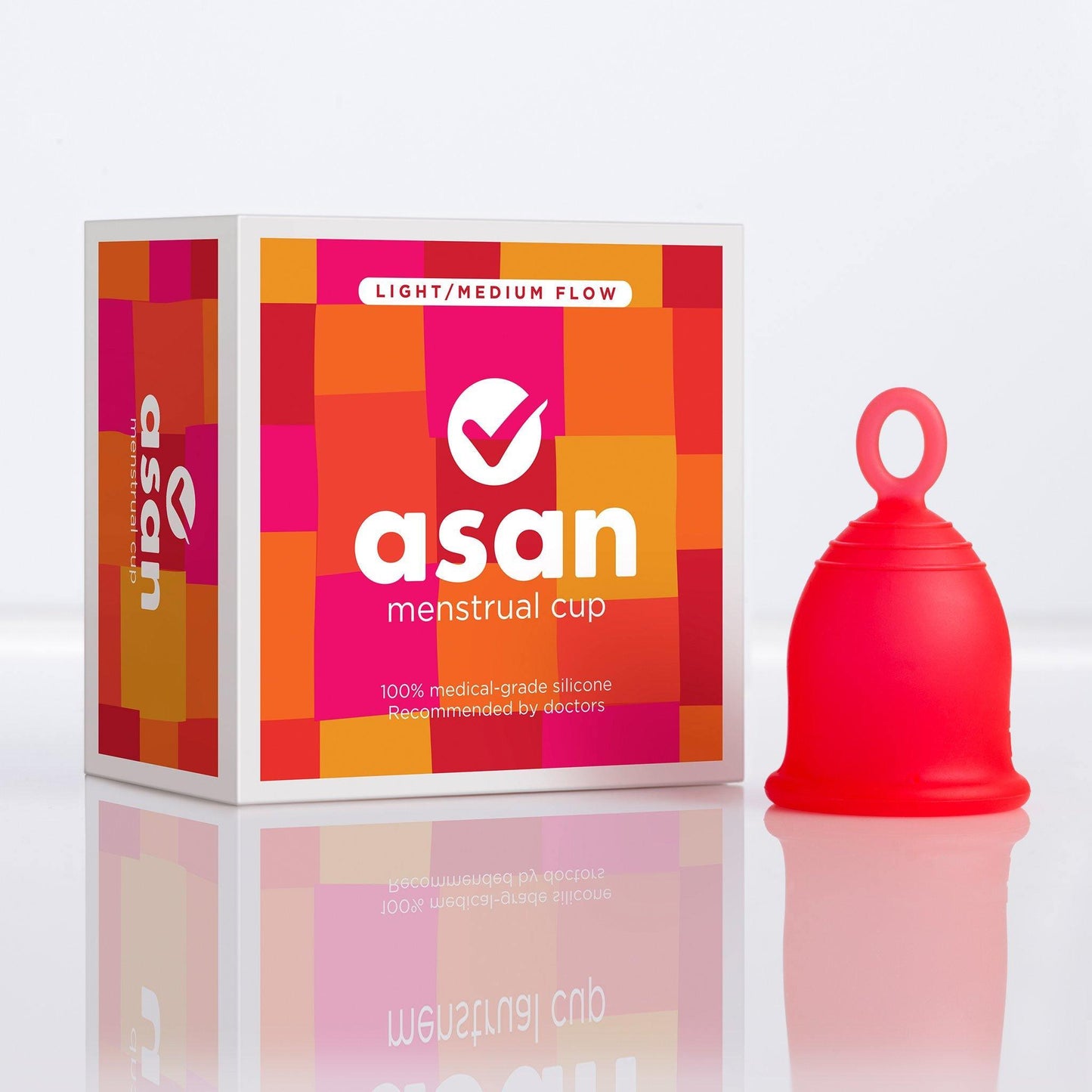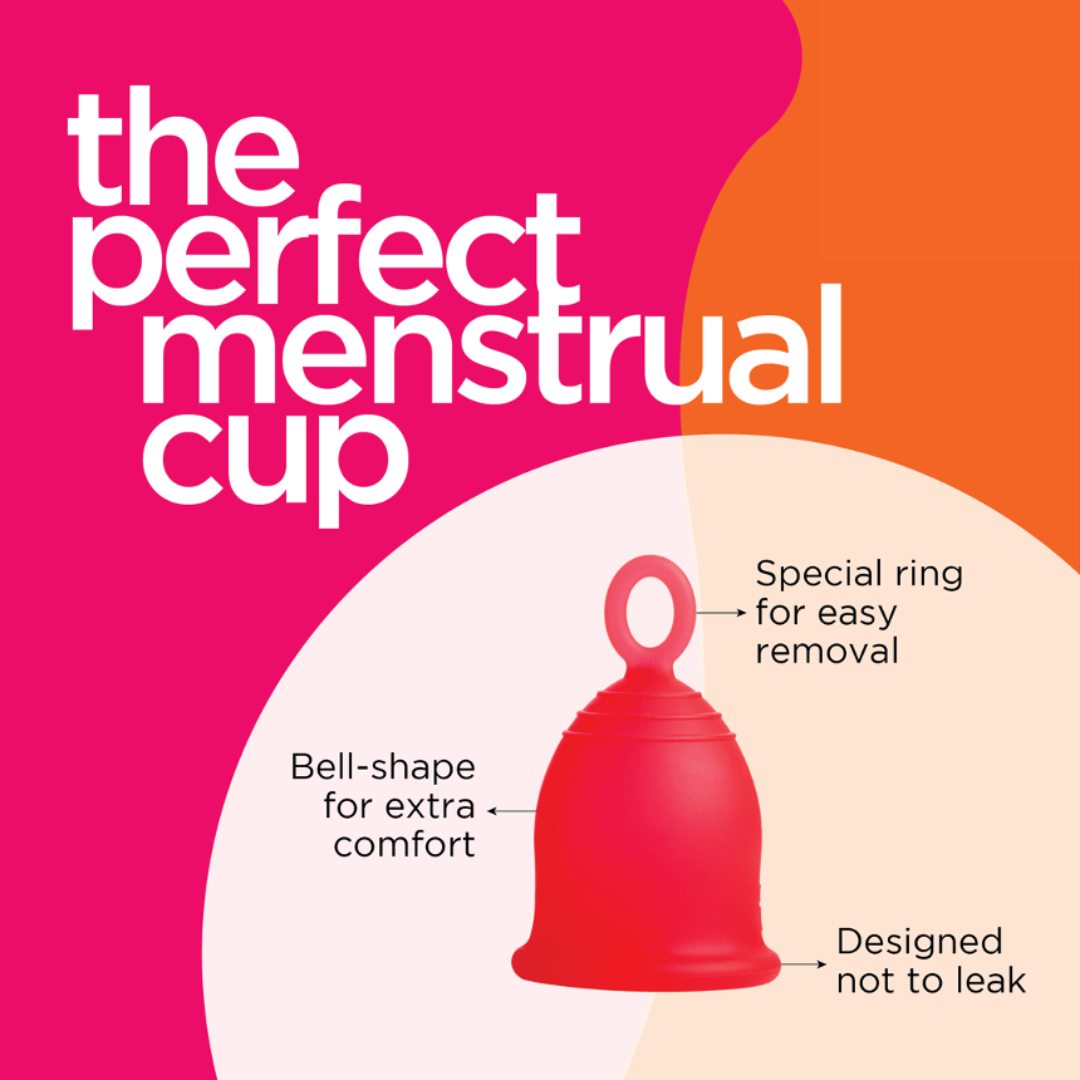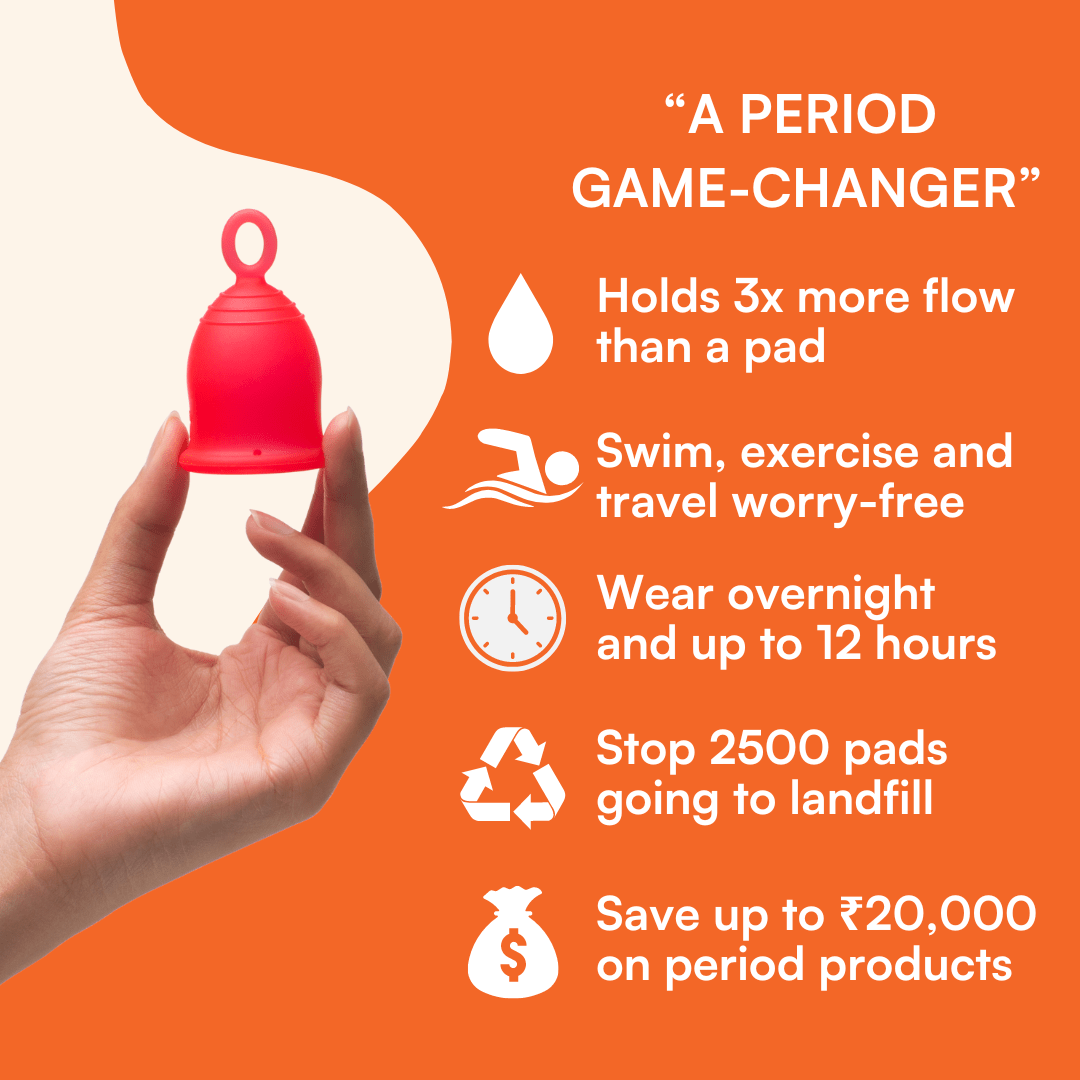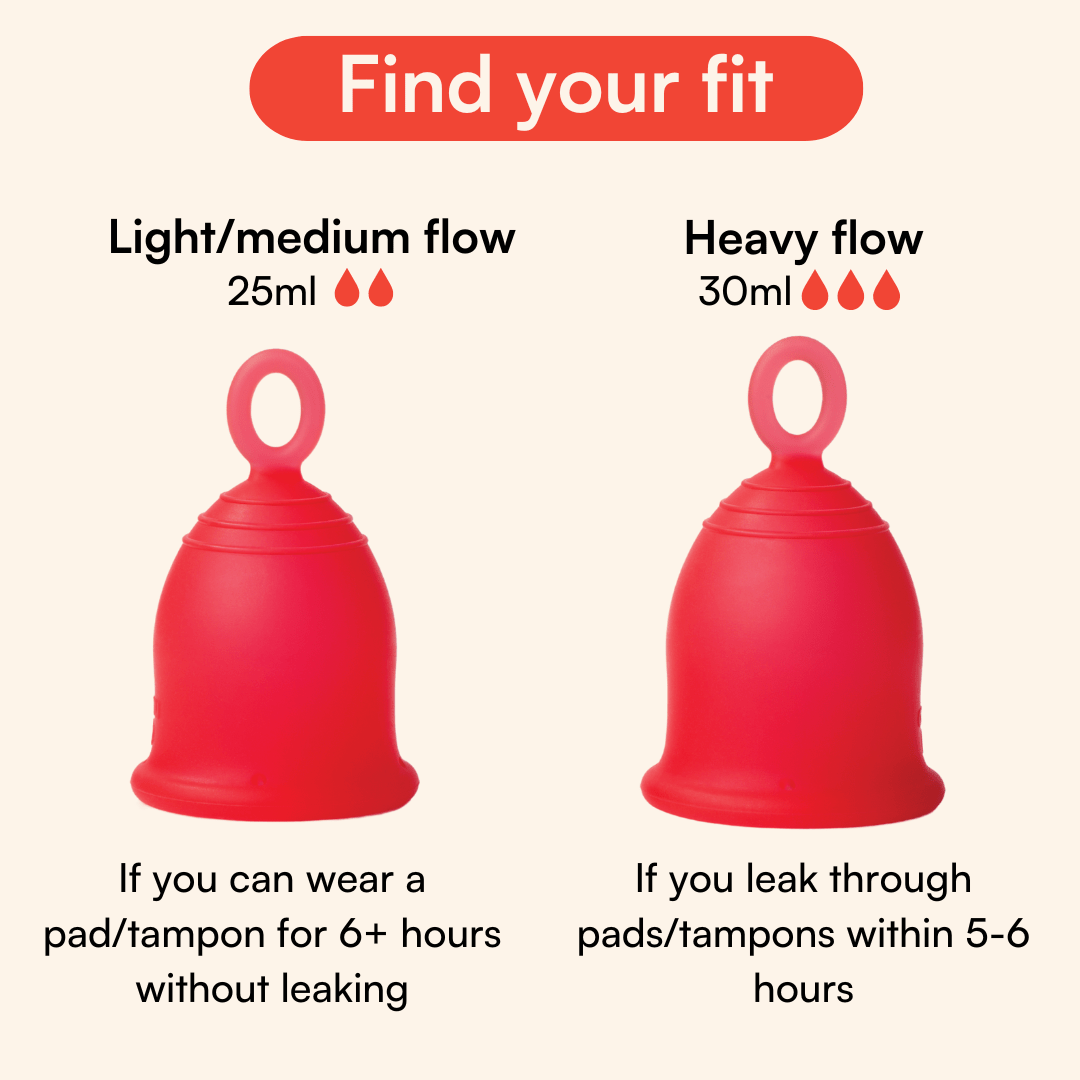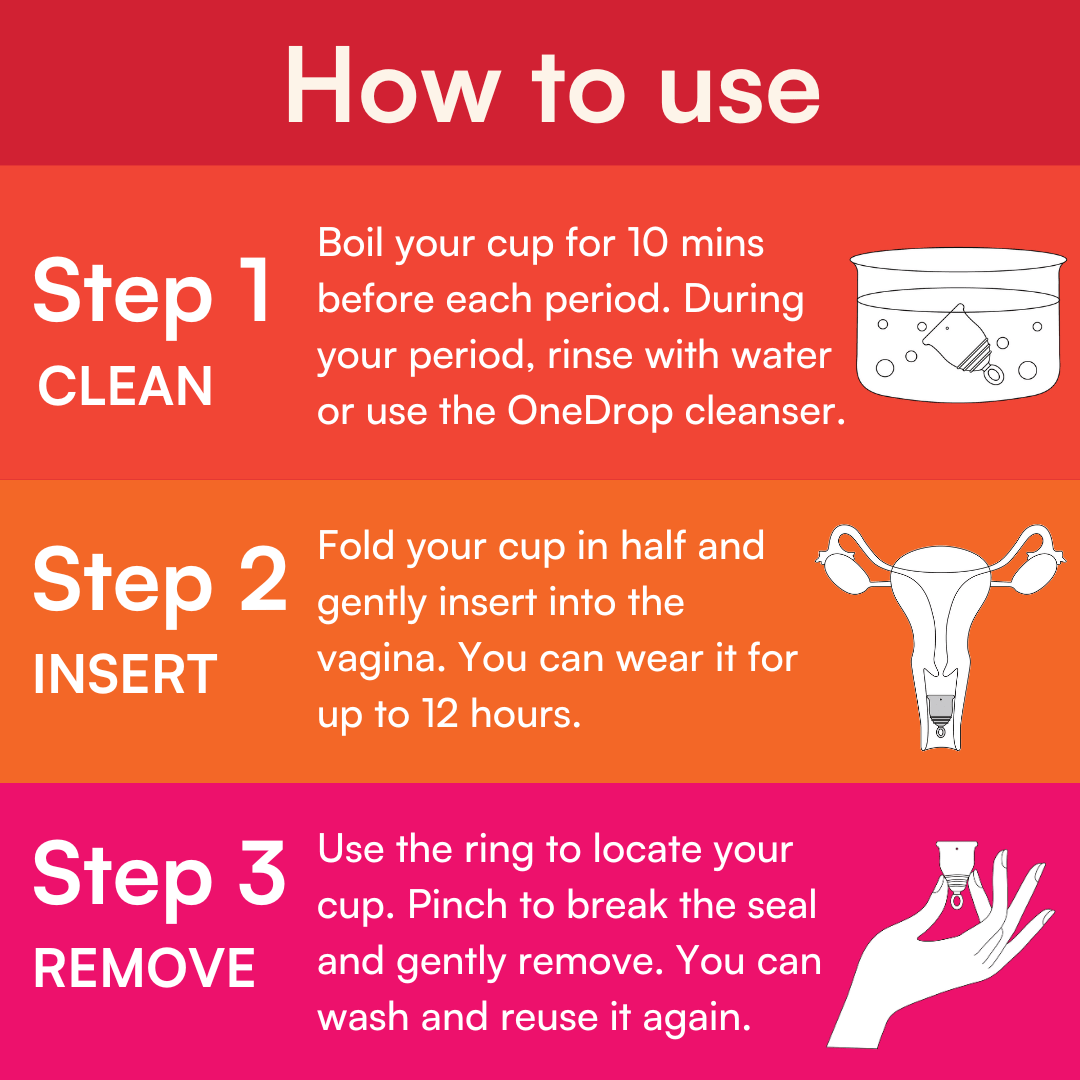 Have you ever wondered what happens during puberty?
Have you ever wondered what happens during puberty?
Puberty can be a confusing phase in a teenagers life, with so many changes mentally and physically.
But don’t worry, we’re here to help you learn about what happens during puberty - so you can be prepared for yourself or your child.
In this blog, let's learn about exactly what happens during puberty and its effects on reproductive development for a biologically female body.
What is puberty?
The first step to understanding puberty for boys and girls is to understand what the term means.
The word puberty refers to a period of time when children experience physical and emotional changes that transition their bodies into young adults - capable of reproduction.
When does puberty start?
Puberty doesn’t start at the same time for everyone.
For most females, the physical changes during puberty begin between the ages of 8 and 13.
However, all bodies are different, so starting at a younger or older age is completely normal.
If you have any delayed puberty concerns, make sure to talk to a doctor and they guide you according to your body.
How do you know that puberty has started?
The first early signs of puberty for a female is breast development. The process will begin with the growth of small lumps that are called buds.
Once these buds have formed, they will continue to grow for most people until they are 17 or 18.
There is a lot of information online about ways that you can grow your breast size - including exercise or certain foods - but these have repeatedly been proven to be false.
Breasts come in a variety of different shapes and sizes that are largely dependent on genetics and weight.
What causes puberty?
Hormones are the source of the physical and emotional changes that you experience during puberty.
Many different hormones work together to create the adolescent changes in boys and girls that happen during puberty.
The two key players to the hormonal changes in puberty are testosterone for males and oestrogen for females.
For a female body, the rise in oestrogen levels triggers one of the biggest physical changes in your body - the menstrual cycle and periods.
What is the menstrual cycle?
The menstrual cycle is the process of your body preparing itself for a pregnancy. This cycle is usually around 28 days - but varies from person to person.
 Puberty is when your body starts to prepare itself for reproduction. The body can take a few years to adjust to these changes and it is completely normal to feel confused and overwhelmed initially.
Puberty is when your body starts to prepare itself for reproduction. The body can take a few years to adjust to these changes and it is completely normal to feel confused and overwhelmed initially.
The menstrual cycle has 4 phases - one of which is menstruation, or more commonly known as your period.
While puberty usually starts with breast development (this can vary from person to person), another sign that you’ve hit puberty is when you get your period.
Read this blog to learn more about what the menstrual cycle is.
What is a period?
Your period is your body shedding extra tissue, called the endometrium lining, that it grew in preparation for a pregnancy.
When a pregnancy doesn’t happen, your body sheds this lining as it’s not needed to nurture a fertilised egg.
So this lining comes out in the form of period blood - which is your period.
When will I get my period?
Your period typically begins about two years after the first sign of breast development.
The average age for the first period, known as menarche, is 12-years-old, but many people get it anywhere between the ages of 10 to 16.
A period typically lasts between 3-7 days. This can vary, especially during puberty as your body is still adjusting to the changes.
In fact, during the initial years of periods it’s completely normal to skip a cycle or experience delays. This can also happen through an increase or decrease in physical activity such as playing sports.
But don’t worry, this will settle within two years. If you are someone who is unsure about whether your menstrual cycle is normal, please consult a doctor.
During a period, you might experience some period cramps due. To learn more about cramps and how to relieve them, check out this blog on period cramps.
 Can I use a menstrual cup to manage my period during puberty?
Can I use a menstrual cup to manage my period during puberty?
Yes, absolutely!
A menstrual cup is a completely safe option for a growing adolescent to use during puberty.
Make sure to choose a good quality menstrual cup and learn about the brand. The Asan cup is designed with a unique removal ring, making it perfect for a beginner.
 If you would like to learn more, check out this blog for everything you need to know about using a menstrual cup as a teen.
If you would like to learn more, check out this blog for everything you need to know about using a menstrual cup as a teen.
What do I do if I don’t get my period?
Don’t worry! Sometimes hormonal imbalances during puberty, where your body produces too little or too much of a hormone, can alter the way puberty develops.
Please speak to a doctor to understand what is going on with your body so you can get the help required.
What other physical changes will happen during puberty?
Apart from periods, there are many other physical changes that happen during puberty. So let’s go through all of them.
Height
During puberty, your hands and feet will likely start to grow before the rest of your body.
However, within 1 or 2 years, you’ll experience a growth spurt - which is when the rest of your body also grows taller.
After starting your periods, most females tend to grow about an inch or two before reaching their full height.
Body hair
Body hair is a natural bodily change during puberty.
The adrenal glands, which rest above the kidneys, produce hormones that cause hair to grow in your underarms and pubic area.
Hair might also begin to grow and thicken on your arms and legs.
Body hair is completely natural and nothing to be ashamed of.
However, if it becomes uncomfortable, there are ways to manage it. Please speak to an adult or doctor about which option is best suited for your skin type.
Acne
Acne and puberty starting are directly related.
It is completely normal to experience some changes in your skin during puberty.
 This is because the hormones that your body is producing can affect the glands responsible for the oil production in your skin. These hormones may cause the glands to be overactive, which can lead to pimples or acne.
This is because the hormones that your body is producing can affect the glands responsible for the oil production in your skin. These hormones may cause the glands to be overactive, which can lead to pimples or acne.
Pimples are incredibly common and many people continue to get them way past puberty.
However, it is important not to pick or touch them as that can cause scarring.
Acne often clears out once puberty is over, but there are many treatments available to speed up that process.
If you are worried about your skin, make sure to talk to a dermatologist to understand what is going on in your body and what you can do about it.
Widened hips
As your body grows, the formation of your pelvic bones can cause your hips to widen or the abdominal region to change shape.
Please rest assured this is completely normal and does not hurt. It varies from person to person so it’s also normal if you don’t experience these changes.
Emotional changes in adolescence
Hormones and behaviour in puberty go hand in hand.
While hormones control what is happening in your body physically, they also control the mental and emotional aspects of yourself.
The hormones cause some emotional challenges in puberty. They may make you feel more intense emotions than you’ve experienced before, or cause you to be confused as you begin coping with puberty changes.
A few different emotions that surface more during puberty include anxiety, anger, more sensitive than usual, fear and confusion.
Both males and females experience these changing emotions.
It might feel uncomfortable to talk about them, but just keep in mind that many other people are going through the same thing.
It can also be helpful to talk to a trusted adult, so feel free to reach out to a parent or a nurse at your school if you are curious about psychological changes during puberty.
Body image and puberty
Your body image is the way you view yourself and often directly influences your confidence and self esteem.
With the growing social media use amongst adolescents and young adults, it is important to be aware of how it can influence your body image.
Struggling with body image during puberty is unfortunately common and part of some of the social impacts of puberty in teens.
 Please keep in mind, while social media makes it easy to compare your body to other people online and damage your self-esteem in adolescence, it is crucial to remember that every individual's body is different.
Please keep in mind, while social media makes it easy to compare your body to other people online and damage your self-esteem in adolescence, it is crucial to remember that every individual's body is different.
So as long as you are maintaining a healthy lifestyle, it is completely normal for your body to develop in a unique way.
What happens when males go through puberty?
There are plenty of similar signs of puberty in boys and girls, including growth spurts, hair growth, acne, and changing body shapes.
But there are also a lot of differences.
For example, one of the main physical changes that males go through is in their voice.
The first voice crack is an indication that the process of puberty has begun, and will develop into a deeper voice.
There are many other changes that males experience during puberty, including growth in penis size and enlarged testicles.
Puberty tips for parents helping children through puberty
Parenting through the puberty years can be as difficult as going through puberty all over again.
As your child is dealing with hormonal changes and peer pressure during puberty, it is completely natural to try and help them in any way that you can.
But part of understanding adolescent development is to understand that your child might need some independence during this process.
Talking to kids about puberty and educating them about the puberty stages for girls and boys is important, but so is letting them figure some things out on their own.
Just try to make informed choices about the sources of information they are viewing, and make sure to provide a safe space where they can come and ask questions any time.

